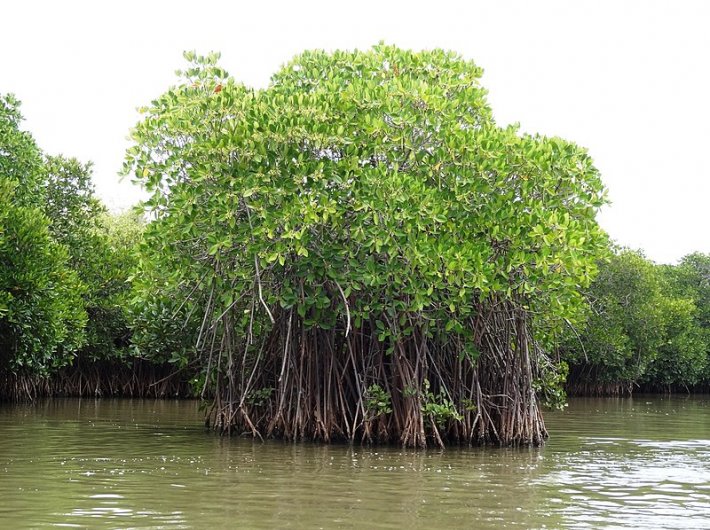COP27: Environment minister Bhupender Yadav expresses commitment to conservation and restoration of these natural ecosystems
As the Mangrove Alliance for Climate (MAC) was launched on the sidelines of the COP27 at Sharm El-Sheikh, Egypt, India’s environment minister Bhupender Yadav expressed commitment to the conservation and restoration of these natural ecosystems, and offered the country’s expertise in this domain to the world.
“India can contribute to the global knowledge base due to its extensive experience in mangrove restoration, studies on ecosystem valuation and carbon sequestration and also benefit from associating with other nations regarding cutting-edge solutions and generating appropriate financial instruments for mangrove conservation and restoration, Yadav said, according to an official release issued Tuesday.
“Let us join hands together to protect one of the most precious assets of the tropical coasts, towards sustainability and adaptation to the consequences of Climate Change,” he added.
Mangroves are one of the most productive ecosystems of the world. These tidal forests serve as nursery grounds for several organisms, protects the coastal erosion, sequestering the carbon and providing livelihood for millions of people besides harboring array of faunal elements in its habitat.
Mangroves are distributed in the tropical and sub-tropical region of the world and are found in 123 countries. They are among the most carbon-rich forests in the tropics, accounting for 3% of carbon sequestered by the world’s tropical forests.
Mangroves are the economic foundations of many tropical coastal regions. To sustain the blue economy, it is imperative to ensure the sustainability of coastal habitats, particularly mangroves for tropical nations, at the local, regional, and international levels.
With notable adaptive features, mangroves are natural armed forces of tropical and subtropical nations. They are the best option to fight against climate change consequences like sea levels rise and increasing frequency of natural calamities like cyclones and storm surges.
“India has committed in its NDC – to create an additional carbon sink of 2.5 to 3 billion tonnes of CO2 equivalent through additional forest and tree cover by 2030,” the minister noted.
“We see the tremendous potential mangroves have for mitigation of growing GHG concentration in the atmosphere. Studies have shown that mangrove forests can absorb four to five times more carbon emissions than landed tropical forests.”
Yadav said that it has also been revealed that mangroves can act as buffer for Ocean acidification and act as sink for micro-plastics. Creating new carbon sink from mangrove afforestation and reducing emissions from mangrove deforestation are two feasible ways for countries to meet their NDC targets and achieve carbon neutrality.
One of the largest remaining areas of mangroves in the world, the Sundarbans supports an exceptional level of biodiversity in both the terrestrial and marine environments, including significant populations of a range of flora and plant species; species of wildlife wide range of fauna, including the Bengal Tiger and other threatened species such as the estuarine crocodile and the Indian python. There is significant increase observed in mangroves cover in India in its Andamans region; Sundarbans region; and in the Gujarat region, Yadav told the audience.
“India has demonstrated expertise in mangrove restoration activities for nearly five decades and restored different types of mangrove ecosystems both on its east and west coasts.”
For more:
On conservation of mangroves in India: https://pib.gov.in/PressReleasePage.aspx?PRID=1797151
India State of Forest Report 2021: https://fsi.nic.in/isfr-2021/chapter-3.pdf
